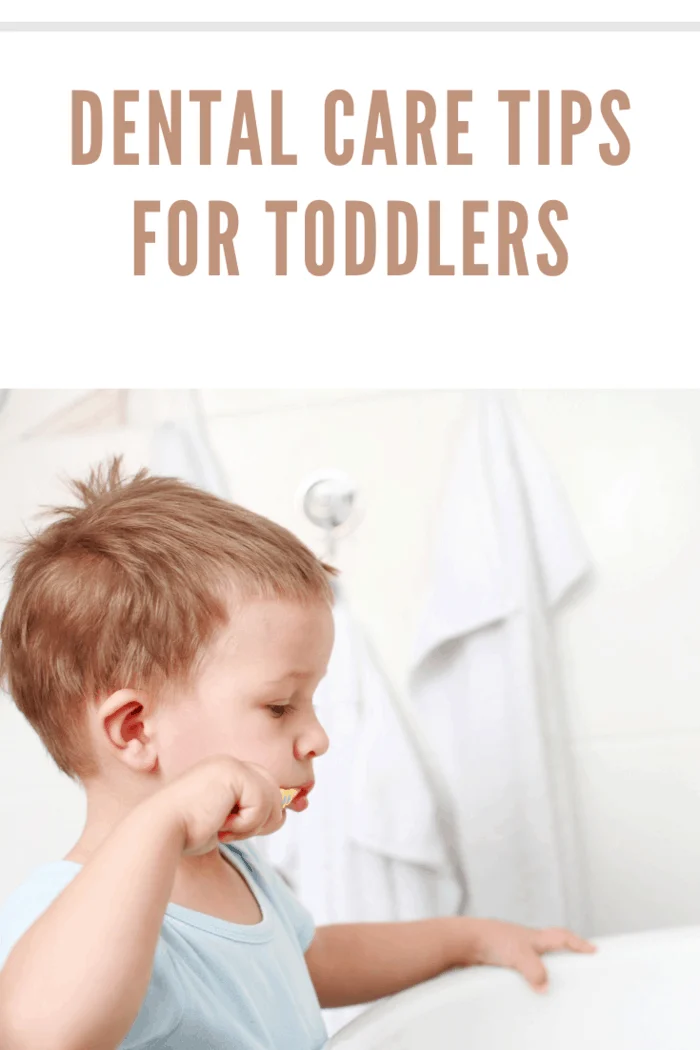Toddlers have balls of energy, and they do not like standing still to brush their teeth. You will find that they do not like practicing any toddler dental care routines. However, dental hygiene is a must to avoid losing teeth through cavities and other dental diseases. As a parent, you have many questions running through your mind about maintaining dental hygiene in your toddler. How many times should they brush their teeth? When should they start to floss? What to do if the water supply is not fluoridated? This article will guide you through all your concerns about dental care for toddlers.

Visit The Dentist Early and Often
As an adult, you need to visit the doctor at least two times a year. The same case applies to toddlers. The American Academy of Pediatrics recommends that toddlers start their dental check-up during the first year of their lives. You can visit a dentist, which will conduct a thorough oral exam and take a dental history. They will also guide you on brushing your toddler’s teeth properly, preventing cavities, and how often you should visit the clinic. Additionally, the dentist will assess the risk of your toddler suffering from any dental issues. If there is a family history of cavities, there is a chance your toddler will have the same.
Always Use Fluoride Toothpaste
There is a non-fluoridated training toothpaste made for toddlers, which many parents use. However, the American Dental Association changed the guidelines and recommends that parents should use fluoridated toothpaste as soon as the baby gets the first tooth. You do not have to use it a lot. A small amount the size of a grain of rice is enough. When your child is three years, you can start using toothpaste the size of a pea. This is crucial to prevent tooth decay at such a young age. If you are among people who do not have a fluoridated water supply, your dentist might prescribe a daily supplement.
Clean Right Away With The Right Tools
You can clean your little one’s teeth even before they form using infant tooth and gum wipes daily. Cutting a child’s cavity-causing bacteria might seem a little bit weird even before teeth start appearing. It is good to delay the formation of these bacteria by avoiding saliva-sharing behaviors. Ensure you do not share any cups or spoons and never clean their pacifiers with your mouth. You can graduate to the next level of using fluoridated toothpaste after your child develops one tooth. Until your child reaches six, you should always brush their teeth for them or do it after they do it.
Use The Right Technique
You should not aggressively brush your baby’s teeth and gum as it could cause damage. Ensure you brush gently using a circular motion while tilting the bristle towards the gums. Ensure you touch every surface of every tooth. It is recommended that a child should brush their teeth for two minutes, but if your child has two teeth, you do not have to take all that time. Sometimes, children can be so fussy and won’t stay still for two minutes. If your child is below five years old, you can clean all surfaces in less than one minute. The critical thing is to maintain the right technique.
Ensure You Child Flosses Daily
Many parents think that flossing begins when a child gets all the teeth. However, flossing begins when the teeth start to touch each other. Even if you use the right technique when the teeth are touching, you cant get all the plaque and food out. You also need to maintain the right technique while flossing. There is a disposable flosser for kids in the market, which you can purchase and ensure that you floss against each tooth firmly. Your child might bite you once in a while, but you have to do whatever it takes.
Ensure Your Child Eats A Healthy Diet
To enhance your child’s oral health, ensure they consume a wide variety of food, including fruits, calcium-rich cheese, and veggies. Do not feed your little champ too much fruit juice. Instead, encourage the intake of water while limiting sugary sweets to avoid cavity formation.
Conclusion
As your kid grows older, they will develop their personality. You will notice that they become stubborn to dental routines and will not stay still to brush their teeth. You need to develop strategies that will ensure that you practice proper dental care while they are young. Also, always ensure that your child eats a healthy meal and that you visit the dentist often.
